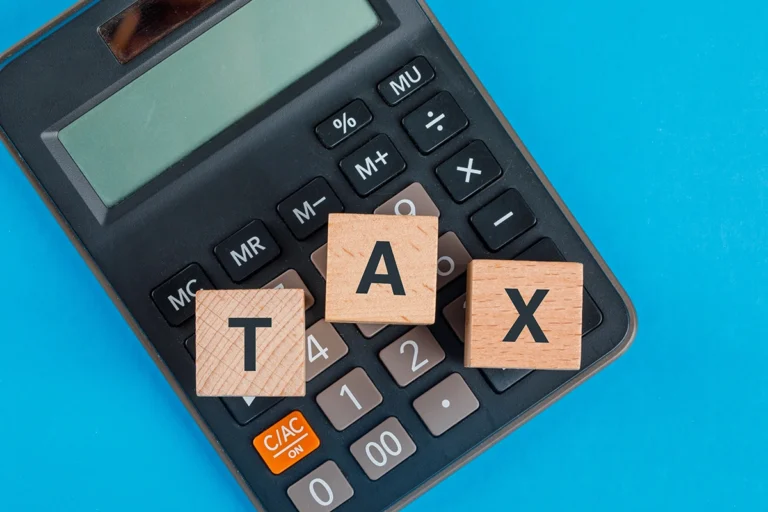Property tax revenue is often a mystery for many homeowners. They pay it dutifully, year after year, without necessarily understanding where it goes or how it benefits their community. But this seemingly mundane fiscal obligation plays a vital role in shaping the infrastructure, services, and amenities that make our neighborhoods vibrant and functional. In this exploration, we’ll unveil the veil shrouding property tax revenue, revealing its profound impact on local economies and quality of life.
At its core, property tax revenue is the financial lifeblood of municipalities, counties, and school districts. When you pay property tax, you’re not just covering your share of the proverbial pie; you’re contributing to a complex ecosystem of public services and investments. So, what exactly are these funds used for?
- Funding Education: A significant portion of property tax revenue goes toward funding public education. From elementary schools to universities, these funds support teachers’ salaries, classroom supplies, building maintenance, and extracurricular activities. Investing in education isn’t just about nurturing young minds; it’s an investment in the future workforce and the overall prosperity of the community.
- Maintaining Infrastructure: Roads, bridges, sewer systems, and public transportation networks are the arteries of any community. Property tax revenue plays a crucial role in maintaining and expanding these essential infrastructure systems. Whether it’s repairing potholes, upgrading public transit options, or ensuring clean water, these investments enhance the quality of life and drive economic development.
- Public Safety: Police and fire departments rely on property tax revenue to keep communities safe. Funding from property taxes helps pay for salaries, equipment, training programs, and emergency response services. From patrolling neighborhoods to fighting fires, these first responders are the frontline guardians of our safety, and property tax revenue enables them to fulfill their vital duties.
- Parks and Recreation: Parks, playgrounds, and recreational facilities are the communal spaces where residents come together to relax, exercise, and socialize. Property tax revenue supports the maintenance, expansion, and programming of these green spaces, ensuring access to nature and leisure activities for people of all ages.
- Community Development: Economic development initiatives, affordable housing programs, and neighborhood revitalization efforts often rely on property tax revenue to thrive. By investing in these initiatives, communities can attract businesses, create job opportunities, and foster inclusive growth that benefits all residents.
- Health and Human Services: Property tax revenue also supports vital health and human services, including mental health programs, senior services, and assistance for low-income families. These initiatives help ensure that everyone in the community has access to healthcare, social support, and basic necessities, promoting equity and social cohesion.
- Cultural and Arts Programs: From museums and theaters to public art installations and community festivals, cultural and arts programs enrich the fabric of society. Property tax revenue may contribute to funding these initiatives, fostering creativity, cultural appreciation, and civic pride.
- Debt Servicing: In some cases, property tax revenue may be used to service municipal debt incurred for large-scale infrastructure projects or other investments. By responsibly managing debt, communities can finance essential projects without placing undue burden on current taxpayers or compromising future fiscal stability.
In essence, property tax revenue is the financial backbone that sustains the vitality and functionality of our communities. It’s not just about paying a bill; it’s about investing in the collective well-being and prosperity of our neighborhoods. By understanding where our property tax dollars go and the tangible benefits they provide, we can appreciate the importance of this often-overlooked aspect of civic responsibility.
So, the next time you write that property tax check or see it deducted from your mortgage, remember that you’re not just fulfilling an obligation—you’re contributing to the thriving tapestry of community life. Your investment helps pave the way for better schools, safer streets, greener spaces, and a brighter future for generations to come. Property tax revenue isn’t just money; it’s a cornerstone of communal progress and prosperity.




